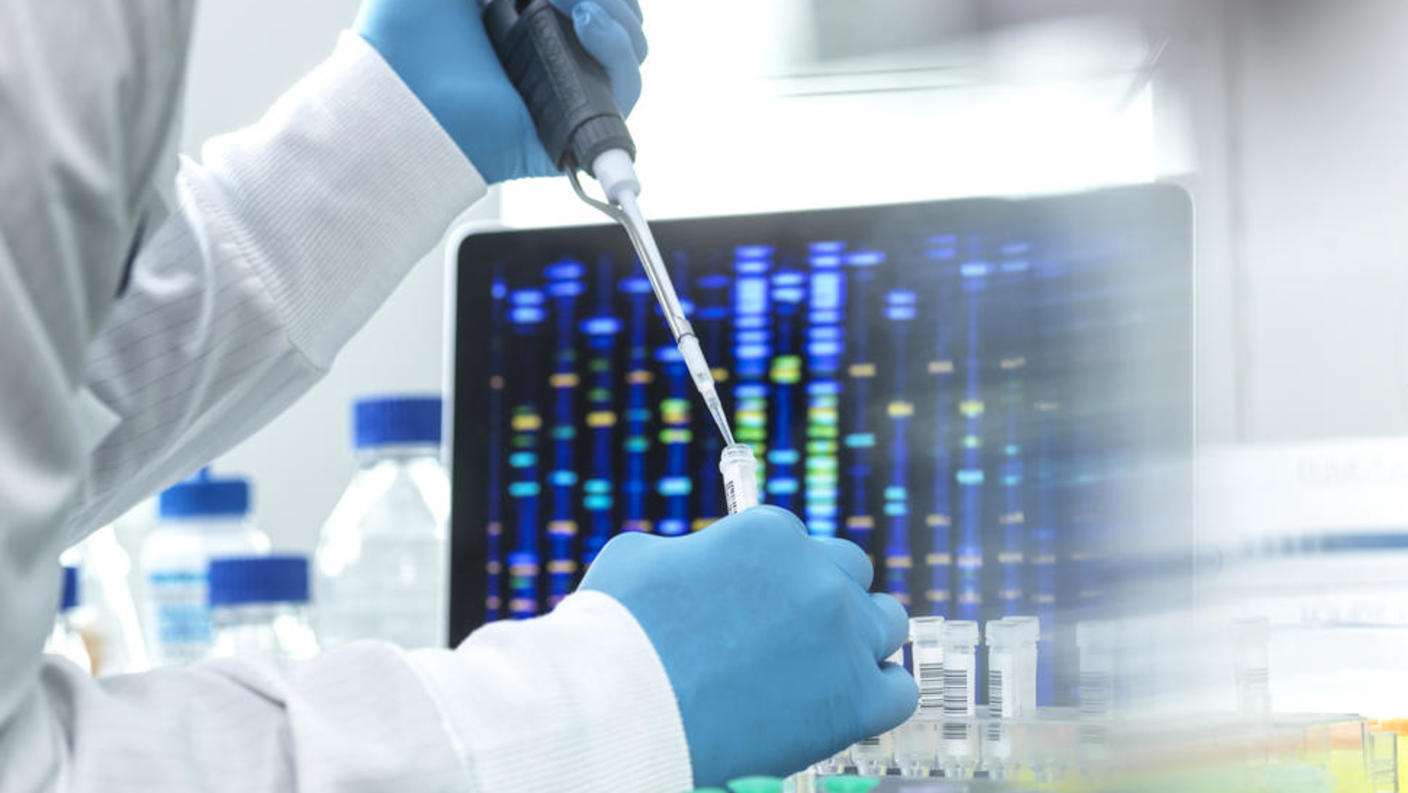Overview
The Childhood Cancer Survivor Study (CCSS) was established in the early 1990s as a cohort of more than 14,000 childhood cancer survivors from 26 centers in North America who were originally diagnosed between 1970 and 1986.
Background
Investigators from the Radiation Epidemiology Branch played major roles in CCSS collaborative efforts during the 2000s in case-control studies to quantify the dose-response relationship between radiotherapy exposures and second primary cancers of the thyroid, central nervous system, breast, and sarcomas after childhood cancer. A strong dose-response relationship for glioma and meningioma was noted over a wide range of doses, up to 50 Gy. In addition, risk of thyroid cancer increased through doses of 15 to 20 Gy, but decreased at higher doses. A study of breast cancer among members of the cohort indicated an association with chest irradiation and a personal or family history of bone or soft tissue sarcoma. In the last 10 years, CCSS has broadened to include a similar number of survivors diagnosed between 1987 and 1999 and expanded to include patients from additional centers.
In 2011, DCEG initiated a collaboration with CCSS to conduct a genome-wide association study (GWAS) aimed at identifying genetic variants associated with 1) development of second cancers (either independent of treatment exposures or jointly with specific treatments), 2) development of childhood cancer, and 3) development of non-malignant late adverse effects of treatment (e.g., cardiomyopathy, obesity, ototoxicity). The GWAS includes over 5700 survivors. Analyses for aims 1-2 are ongoing, and the data are being posted to the database of Genotypes and Phenotypes (dbGaP) to facilitate analyses related to aim 3. Find out more about the CCSS GWAS data resource.
DCEG and CCSS investigators are now conducting whole exome sequencing of the cohort to identify other types of genetic variants (e.g., rare variants, multi-allelic substitutions, insertions, and deletions) that may be related to the development of childhood cancer and late effects following childhood cancer diagnosis.
REB and CCSS investigators are also collaborating on a case-control study of breast cancer occurring after childhood cancer. Previous studies have shown that chest radiotherapy for childhood cancer confers strikingly elevated risk for developing subsequent breast cancer. The current study aims to understand whether the radiation-related risks are modified by other key risk factors and if the risks are consistent for all types of breast cancer, which has important implications both for understanding breast cancer etiology as well as for decision-making for long-term follow-up of childhood cancer survivors.
Selected Publications
- Gibson TM, et al. Polygenic risk scores, radiation treatment exposures and subsequent cancer risk in childhood cancer survivors. Nature Medicine. 2024.
- Kim J et al. Frequency of pathogenic germline variants in cancer-susceptibility genes in the Childhood Cancer Survivor Study. JNCI Cancer Spectrum. 2021.
- Veiga LH et al. Association of Breast Cancer Risk After Childhood Cancer With Radiation Dose to the Breast and Anthracycline Use. JAMA Pediatrics. 2019.
- Morton et al. Genome-wide association study to identify susceptibility loci that modify radiation-related risk for breast cancer after childhood cancer. JNCI. 2017
- Henderson et al. Risk factors associated with secondary sarcomas in childhood cancer survivors: a report from the childhood cancer survivor study. Int J Radiat Oncol Biol Phys. 2012.
- Inskip et al. Radiation dose and breast cancer risk in the childhood cancer survivor study. J Clin Oncol. 2009.
- Neglia et al. New primary neoplasms of the central nervous system in survivors of childhood cancer: a report from the Childhood Cancer Survivor Study. JNCI. 2006.
- Sigurdson et al. Primary thyroid cancer after a first tumour in childhood (the Childhood Cancer Survivor Study): a nested case-control study. Lancet. 2005.
See a full list of publications from the Childhood Cancer Survivor Study.
For more information, contact Lindsay Morton.

